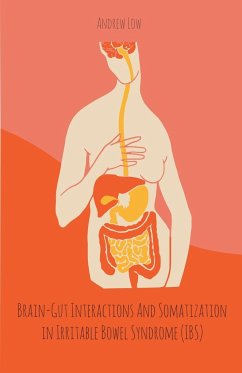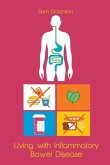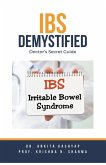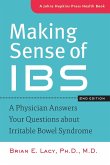Irritable bowel syndrome (IBS) is a common disorder of gut-brain interaction defined by recurrent and longstanding abdominal pain and disturbed bowel habits. This book aims to deepen the knowledge about aberrant visceral sensory processing seen in a large group of patients with IBS, focusing on central mechanisms. Anxiety, depression, and somatization are all associated with increased pain intensity ratings in hypersensitive IBS patients. Non-painful intensity ratings are influenced only by fear and to the same extent in regular- and hypersensitive IBS patients. Somatization is further associated with several measurements of rectal pain sensitivity and mediated the effects of depression and GI-specific anxiety on rectal pain perception. Sex, age, and sexual abuse in adulthood are also associated with rectal pain sensitivity. The level of somatization in IBS is related to differences in local gray matter network connectivity, mainly in regions of the prefrontal cortex, insula, and cerebellum. In conclusion, somatization, measured as multiple somatic symptoms, is essential for visceral (hyper-) sensitivity in IBS and is associated with altered structural connectivity within the brain.








